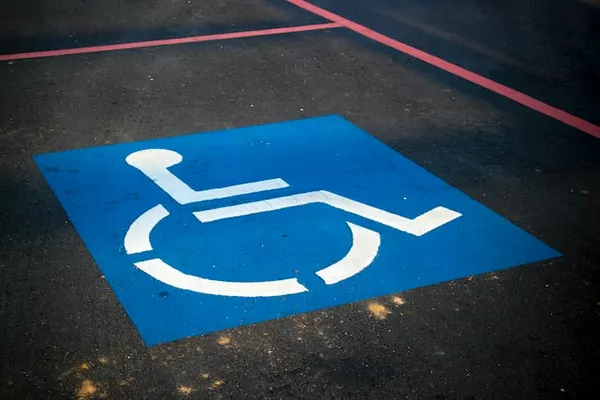Submission on the future of Disability Support Services
25 Nov 2024
Rare Disorders NZ has made submissions to Disability Support Services' consultation process on how their services could be best provided in the future.
As one of our seven priorities, RDNZ advocates for developing an easily accessible pathway to information on support services available to those with a rare disorder.
We support the key characteristics of Enabling Good Lives and believe these are essential to the role and purpose of Disability Support Services.
People cannot be split in half but the current system wants to separate people's disability from their health condition, which for many with a rare disorder is actually all part of one syndrome or disorder.
RDNZ asks flexibility for funding spending to be returned to what it was before 18 March 2024, and we also highlight that carer support is meant to support carers and parents. The Government must recognise and value carers.
In 2023, RDNZ conducted the largest ever survey of consumer reported outcomes for people with rare disorders in NZ. As the questions were very specific about people’s experiences with Needs Assessment Services Coordinators and using Disability Support Services, Rare Disorders NZ shared anonymised results from our 2023 Voice of Rare Disorders survey to ensure the lived experience of those with rare disorders accessing these services was represented.
Submissions on DSS consultation
For the DSS consultation that closed in November 2024, the focus was on the overall experiences disabled people had with Disability Support Services, assessment and allocation tools and flexible funding.
Read our full submission from November 2024 here.
For the DSS consultation that closed in March 2025, the focus looked more closely at Disability Support Services assessment and allocation processes and assessment, as well as proposed criteria for access to flexible funding and changes to how the funding is used.
Read our full submission from March 2025 here.
We also made a joint submission with other disability support groups. This submission can be read in full here.


